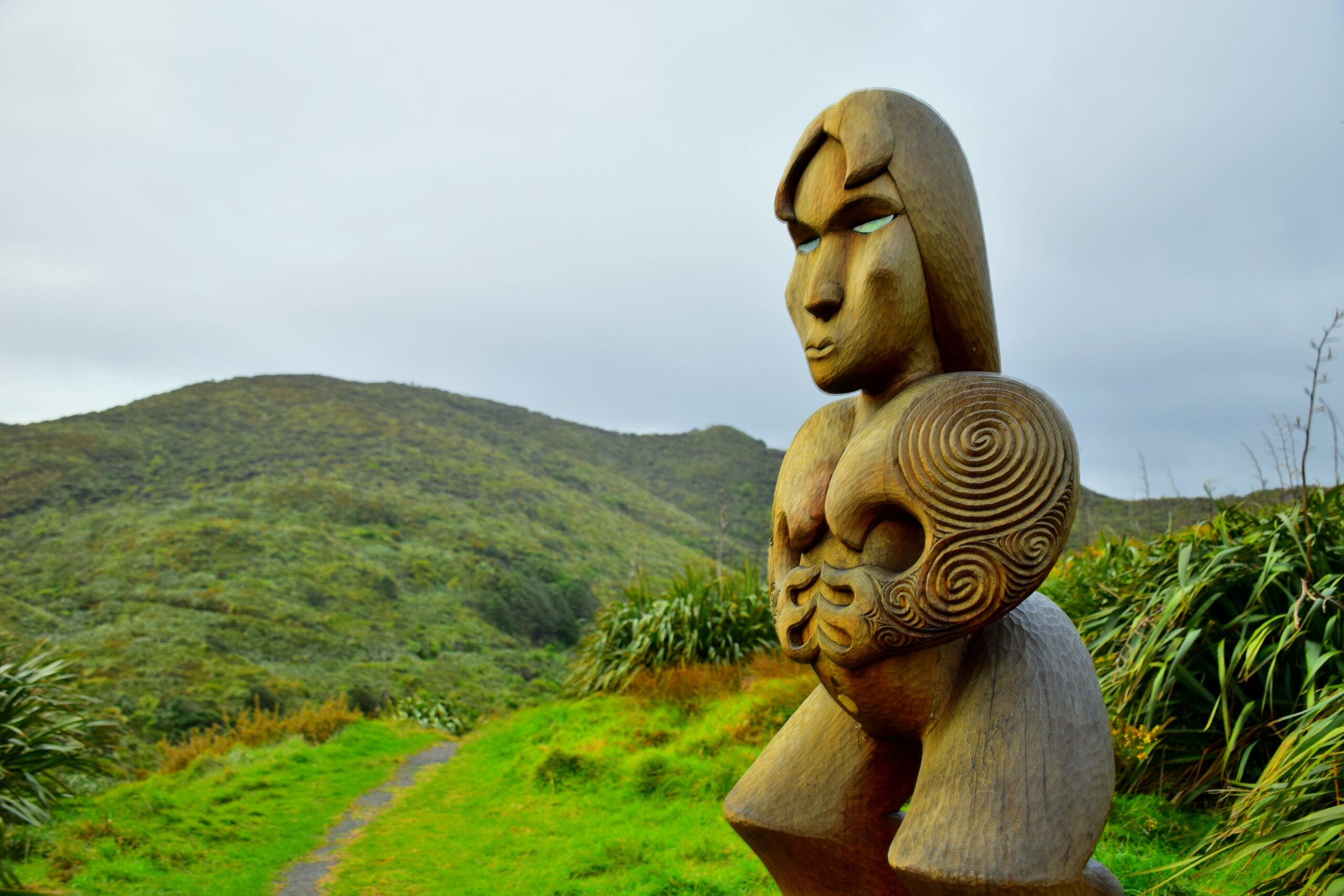
Photo by Meg Jerrard on Unsplash.
Notably, te reo Māori was forcibly oppressed in state schools through much of the 20th century. Consequently, as of 2021, less than 10 percent of the population can speak it fluently, despite te reo Māori being a national language. However, that number is steadily increasing according to StatsNZ. Additionally, younger New Zealanders tend to be more supportive of the use of te reo Māori.
Read the Term 3 edition of School News HERE
Over the years, it’s become clear that revitalising te reo Māori requires a whole-of-motu effort. And honouring the language as the taonga it is has become an emblem of progress toward real bicultural partnership, and recentering the treaty as a founding principle of our nation.
Although many educators in English-language schools have already begun incorporating reo Māori into their communities for the above reasons, there’s still a way to go before the language becomes as widespread.
Luckily, for educators committed to upholding the principles of the treaty in their school, a report released by NZCER last year outlines some of the best practice that English medium schools can implement to support the revitalisation effort.
Here are some of the best policies to nurture reo Māori in your school community, according to the report. Create a plan or strategy for te reo Māori in your school.
Schools with “comprehensive long-term reo Māori plans” had the best growth in the language, found the report. There were broadly three stages of planning for te reo Māori use. First, there was “emerging”, then “establishing”, then “flourishing” reo Māori use in schools. The final stage was defined as schools where te reo Māori was taught and learned at many levels, and where “embedded strategies and practices” supported continued growth. Involving the wider community in te reo Māori plans and programmes.
Codesign of programmes through consultation with local community and mana whenua were found to be key to success in fostering te reo Māori in a given school. This ensured there were opportunities for language learning to continue at home and in a collaborative effort with whānau.
Schools where kaiako, leadership and other authority figures actively promoted te reo Māori were found to positively influence attitudes toward reo learning. This point is especially important as Māori ākonga and reo Māori continue to face discrimination in school communities. The report found that “There is still much work to be done to ensure all school environments and communities value te reo Māori and see the language as ‘normal’.” Kaiako and schools committed to raising the profile of te reo Māori should therefore be prepared to have critical conversations and challenge assumptions.
Providing te reo Māori teaching and learning.
Finally, the report found that offering te reo Māori classes was particularly important, and contributed to the above points. The report found that “through goodwill, modelling, and sharing of practices by pou reo [authority figures invested in te reo Māori revitalisation], bilingual classes enabled tamariki in other parts of their schools to gain greater access to reo Māori learning opportunities.”
Schools should also encourage proficiency in kaiako by offering professional learning opportunities and employing te reo Māori speakers where possible.
The much-delayed English draft curriculum is now out for consultation, generating discussion from teachers.
Research from AUT demonstrates arts, culture and recreation have positive impacts on all aspects of…
How effective has the school phone ban been in achieving its aims? Researchers from the…
School camps and excursions deliver hands on learning experiences, helping to consolidate classroom learning.
Innovations in AV technologies present new opportunities to engage with students. We look at how…
A new report from the University of Auckland’s Our Voices Project asks young people what…
This website uses cookies.